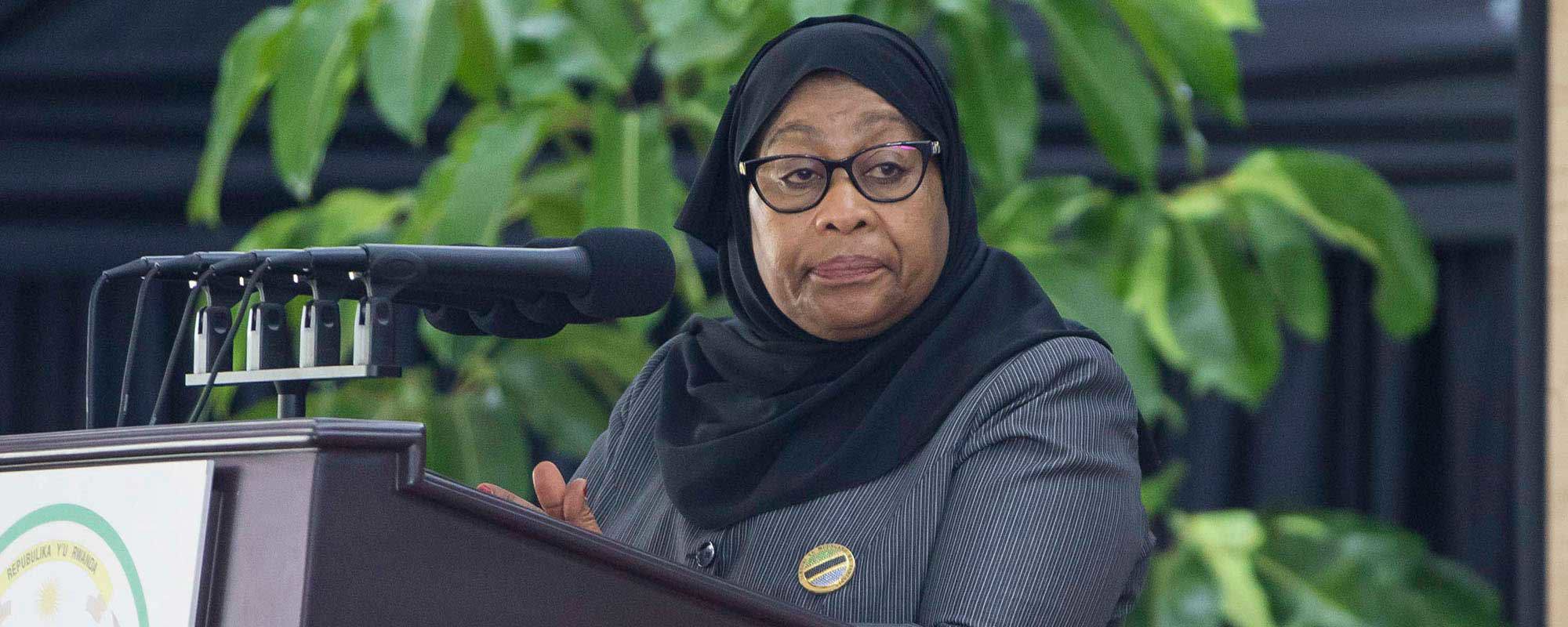

Together, Japan and Africa Can Continue to Save Lives and Spur Economic Growth
As African and Japanese leaders prepare to gather for the Tokyo International Conference on African Development (TICAD) in Tunisia this month, the world faces numerous interwoven challenges. Conflicts in Ethiopia, South Sudan, Central African Republic, Ukraine, Afghanistan, and elsewhere have displaced a record 100 million people, with more than 32 million in Africa alone.
Changing weather patterns created the worst drought in 40 years in the Horn of Africa -- and nearly 20 million people are facing severe hunger and water shortages according to the UNHCR. COVID-19 remains a challenge, multiplying the threats posed by traditional health challenges, including malnutrition, food insecurity, and infectious and noncommunicable diseases and blocking the path to health security in African societies. The threat that new pathogens of pandemic potential will emerge is real. Add all that to a growing debt crisis that is gaining pace across Africa, as well as the worsening food and energy crises across the world, and you have a perfect storm.
Twenty years ago, we faced a similar onslaught from three of the world's deadliest diseases – HIV, tuberculosis and malaria – which looked unbeatable.
As governments alone could not win the fight, a broad coalition of partners emerged to confront these three diseases. The Japanese, African and other governments, the private sector, civil society groups, communities and people affected by HIV, TB and malaria all joined hands and took action. The Global Fund to Fight AIDS, Tuberculosis and Malaria was created and galvanized that winning formula.
In my country, Tanzania, Japan has stood shoulder to shoulder with the Global Fund to fight infectious diseases over the past 20 years, through its bilateral investments with the Japanese International Cooperation Agency (JICA) and multilateral partnerships.
Investments by the Japanese private sector in Tanzania have also been game-changing in the fight against these diseases. For example, Tanzania has a long-standing partnership with Sumitomo Chemical, which manufactures mosquito nets in the country. The Global Fund and other international agencies procure these mosquito nets, which are distributed across Africa, helping protect millions of people from malaria. The direct benefits of this partnership include promoting economic development, supporting livelihoods and thus saving millions of lives.
With TICAD coming up at the end of August and the Global Fund holding its Seventh Replenishment fundraising conference in September, the governments of Japan and African countries have an opportunity to invest in accelerating progress toward ending HIV, TB and malaria and supporting communities to prepare for future pandemics. Japan's investments in the Global Fund will be pivotal in saving lives and building better livelihoods, accelerating the progress of an approach that has proved successful in Tanzania and beyond. Those investments will help to build a healthier, safer, more equitable world.
This op-ed was first published in The Mainichi Shimbun.







